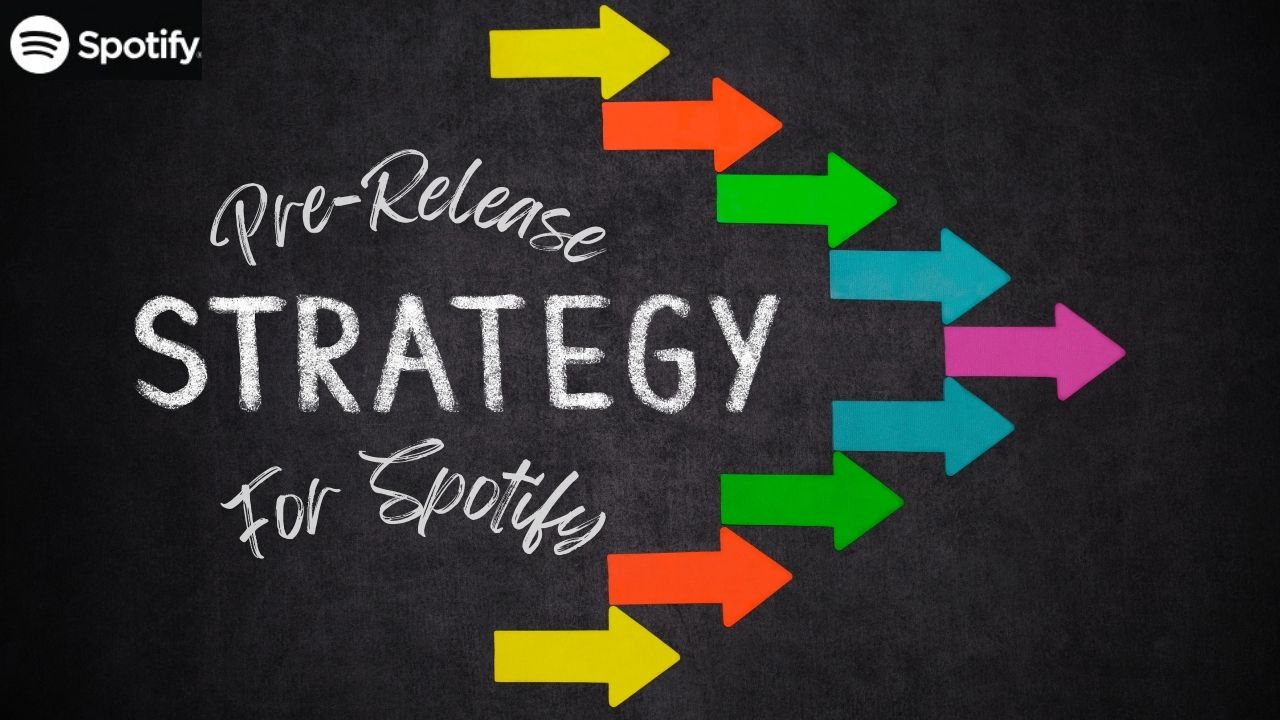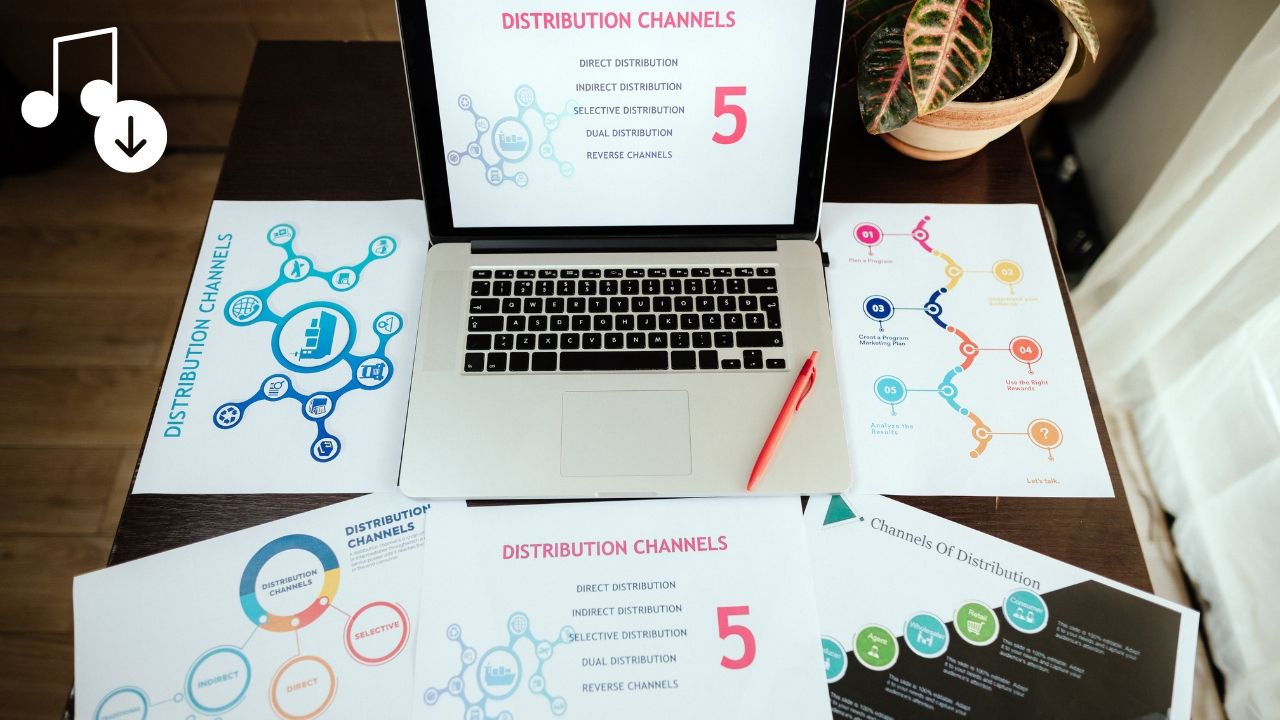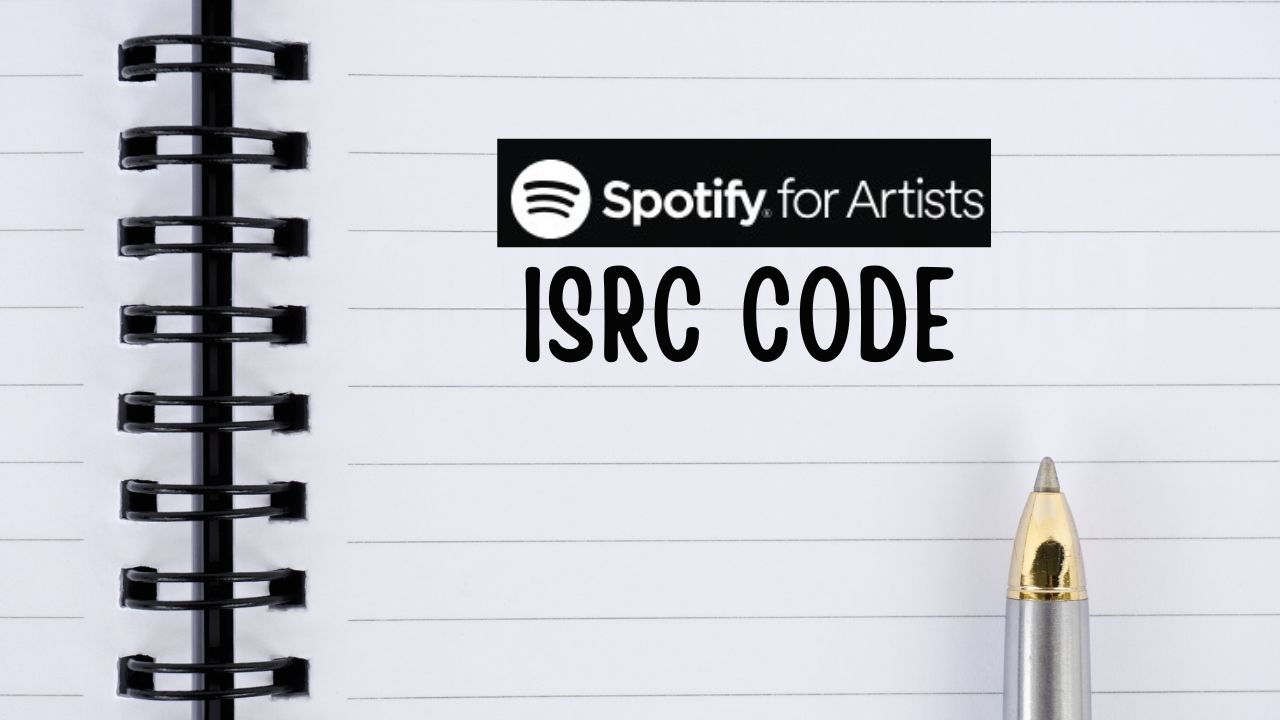The path to success in any career must be set with clear directions, or else it will be difficult to navigate through. And the same applies to your career in the music industry. If you want to grow your listeners’ base, sell records, and expect people in the industry to take you seriously, you will have to start by taking your business seriously. This guide will help you design a roadmap to achieve what might seem impossible.
Step 1: Define Your Goals for Your Career in the Music Industry
In this step, you have to visualize your ideal outcome. It should include the main goals you wish to accomplish across various focus areas such as marketing, branding, networking, bookings, PR-ing, budget, team, timings, instrument, etc.
For Example:
- Release a new album by the end of this year
- Book studio time for the next 6 months
- Get interviews on podcasts, TV shows, and radio
- Setting a yearly budget
Step 2: Break Your Goals into Smaller Achievable and Trackable Goals
Now that you have thought about your wildest ideas and goals, it might seem overwhelming to achieve. That is why you should break them into smaller goals or tasks that can be easy to accomplish and track.
For Example:
Goal: Marketing
Deadline: 3 months before release
To-dos:
- Find a musician marketing agency or platform
- Get quotes
- Create a plan including both online and offline marketing
- Create a timeline for plan implementation
Step 3: Identify Your Network in the Music Industry
Identifying the group of people or the network that you will be working with before starting your roadmap journey is important. It will make your work easier, faster, and get you closer to the end goal.
For Example:
You can start by creating a database on an Excel sheet with Business Name, Contact Name, Contact Number, whether you have any mutual connection or not, and when to contact them.
Step 4: Create a Timeline for Your Career in the Music Industry
Creating a timeline schedule will help you make your tasks actionable. You will have clear major milestones and deadlines that need to be accomplished. No matter how big or small, every task must have a deadline. Your deadlines can either be a range (First week of September) or a fixed date (20th of September).
Step 5: Communicate Your Goals and Keep Track of Your Progress
After setting everything, communicate your goals, timeline, and ways to achieve them, to your team or anyone involved in the music production process. To keep track of your progress, make sure you use any project management software that will alert you regularly and make you check in on your progress on a daily, weekly, and monthly basis.
Example of Project Management Tools:
- Asana
- Trello
- Monday.com
- ClickUp
These tools will help you stay organized and ensure that you are on track to achieve your goals.
Additional Tips for Planning Your Career in the Music Industry
Stay Educated and Updated
The music industry is constantly evolving. Staying educated and updated with the latest trends, technologies, and practices is crucial. Attend workshops, webinars, and music industry conferences. Follow industry news and updates from reputable sources.
Build a Strong Online Presence
Your online presence is a critical component of your career in the music industry. Create and maintain professional profiles on social media platforms like Instagram, Facebook, Twitter, and LinkedIn. Regularly update your website with new content, music releases, tour dates, and blog posts.
Network and Collaborate
Networking is vital in the music industry. Attend industry events, join online music communities, and collaborate with other artists, producers, and industry professionals. Building strong relationships can open doors to new opportunities and collaborations.
Invest in Your Craft
Continuously work on improving your skills and craft. Take music lessons, learn new instruments, and experiment with different genres. The more versatile you are, the more opportunities you will have in the industry.
Understand the Business Side
Understanding the business side of the music industry is crucial. Learn about music licensing, royalties, contracts, and how to manage your finances. Consider taking courses or reading books on music business to enhance your knowledge.
Stay Consistent and Persistent
Consistency and persistence are key to success in the music industry. Set a regular schedule for practicing, creating, and promoting your music. Stay motivated and keep pushing forward, even when faced with challenges.
Take Care of Your Mental and Physical Health
The journey in the music industry can be demanding. Ensure you take care of your mental and physical health. Practice self-care, take breaks when needed, and seek support from friends, family, or professionals if necessary.
Long-Term Planning for Your Career in the Music Industry
Set Long-Term Goals
While short-term goals are essential, it’s also important to set long-term goals. Where do you see yourself in 5, 10, or 20 years in the music industry? Setting long-term goals will give you a sense of direction and purpose.
Create a Financial Plan
Financial stability is crucial for a sustainable career in the music industry. Create a financial plan that includes budgeting, saving, and investing. Consider working with a financial advisor who understands the music industry.
Diversify Your Income Streams
Relying solely on music sales may not be sufficient. Diversify your income streams by exploring opportunities like teaching music, offering online courses, selling merchandise, and licensing your music for films, TV shows, and commercials.
Stay Adaptable
The music industry is ever-changing. Stay adaptable and open to new opportunities and changes in the industry. Be willing to experiment and pivot your strategies when necessary.
Final Thoughts
Planning a successful career in the music industry requires dedication, hard work, and strategic planning. By setting clear goals, breaking them into manageable tasks, identifying your network, creating a timeline, and consistently tracking your progress, you can navigate the complex landscape of the music industry. Stay educated, build a strong online presence, network, invest in your craft, and take care of your health. With persistence and passion, you can achieve your dreams and create a lasting impact in the music industry.
For more tips on engaging with your audience, check out our “How to Use Your Time to Create Music” and “Become a Paid Songwriter in 2024” guides.
By following this comprehensive guide, you can effectively plan and navigate your career in the music industry. Remember, the journey is long and requires continuous learning and adaptation. Stay focused, stay motivated, and success will follow.






















Leave a Reply